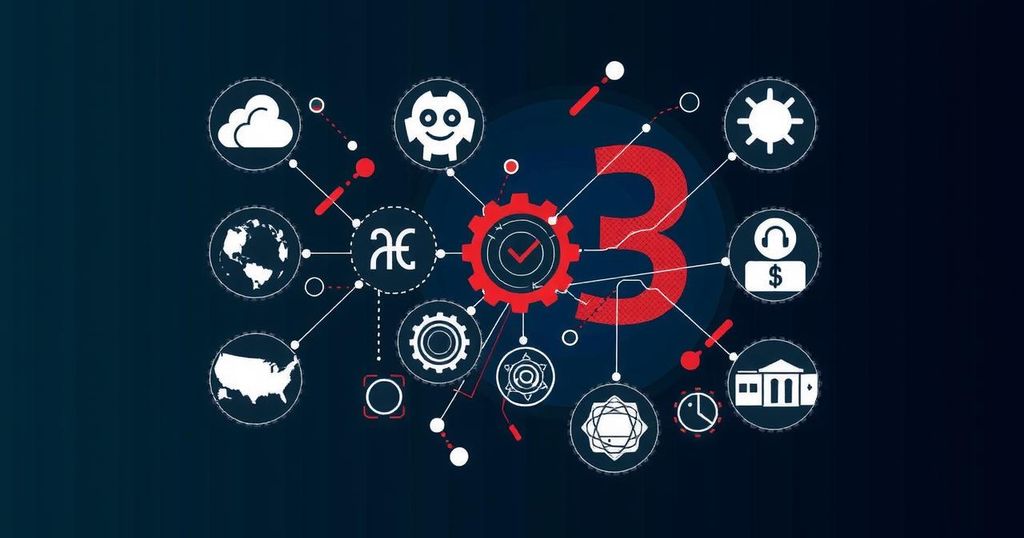U.S. AI Safety Institute Embarks on Collaborations with Anthropic and OpenAI
The U.S. AI Safety Institute has established agreements with Anthropic and OpenAI to facilitate collaboration on AI safety research. These partnerships will allow the Institute to access new AI models before their public release, contributing to evaluations of safety risks and improvements. The initiative aligns with the Biden-Harris administration’s goals for responsible AI development.
In a pivotal move for AI safety, the U.S. Artificial Intelligence Safety Institute, under the auspices of NIST, has entered into formal agreements with leading AI companies, Anthropic and OpenAI. These memorandums set a collaborative framework allowing the Institute to access pioneering AI models prior to their public launches. This partnership aims to further research on evaluating AI capabilities and addressing associated safety risks, heralding a new era in responsible AI innovation and oversight.
“Safety is essential to fueling breakthrough technological innovation. With these agreements in place, we look forward to beginning our technical collaborations with Anthropic and OpenAI to advance the science of AI safety,” expressed Elizabeth Kelly, the Institute’s director. These strategic alliances will enable the Institute to provide valuable insights to the companies about potential safety enhancements, underscoring a commitment to developing secure AI technologies.
Founded on a rich history of advancing scientific measurement, NIST’s effort to boost AI safety through this collaborative research signifies an important leap toward establishing standards and protocols essential for the responsible development of AI systems. Evaluations derived from this cooperation will reinforce a collective effort prompted by the Biden-Harris administration’s Executive Order on AI.
The formation of the U.S. AI Safety Institute was propelled by a growing recognition of the need for safe and trustworthy AI technologies, particularly in light of rapid advancements in the field. Established within NIST, the Institute is committed to advancing AI safety research and providing guidelines that ensure secure AI development. This new initiative is poised to foster collaboration not just within the U.S., but globally, as it welcomes partnerships like that with the U.K. AI Safety Institute, creating a broader dialogue about AI governance and evaluation practices.
These groundbreaking agreements signify a proactive approach to AI safety and responsible technological innovation. By gaining early access to advanced AI models, the U.S. AI Safety Institute and its partners are setting the stage for comprehensive research and evaluation. Ultimately, this collaboration aims to promote the safe development and use of AI technologies, aligning with national efforts to cultivate a reliable framework for AI ethics and safety.
Original Source: www.nist.gov




Post Comment